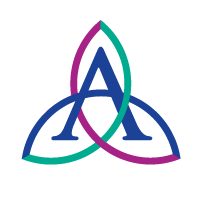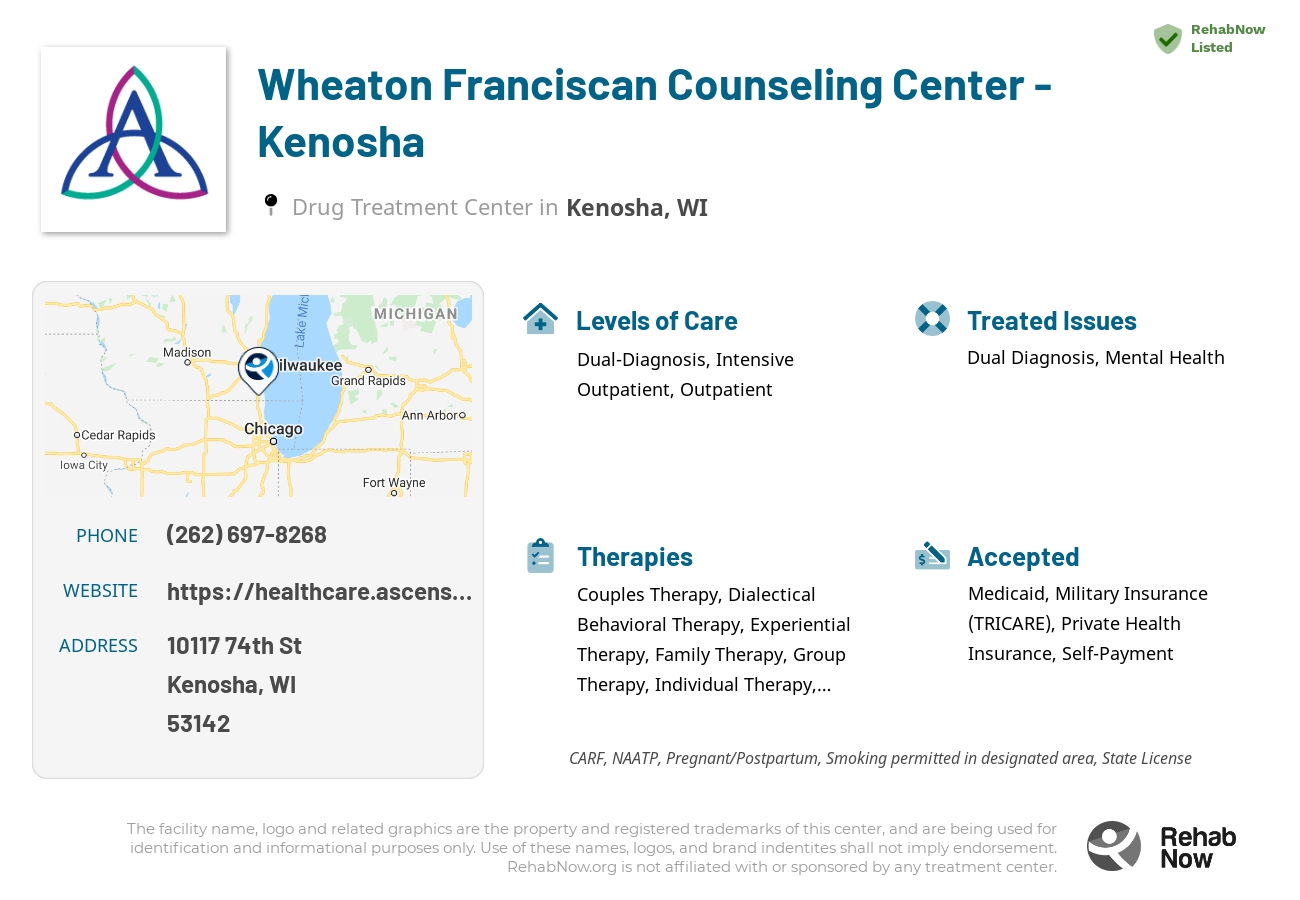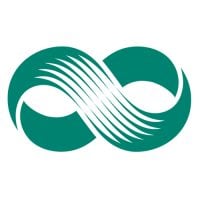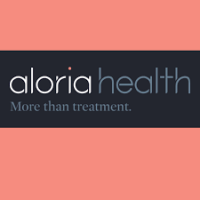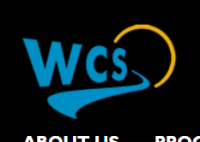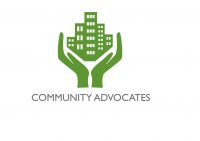Wheaton Franciscan Counseling Center - Kenosha
Drug Rehab Center in Kenosha, Wisconsin
Wheaton Franciscan Counseling Center - Kenosha is an addiction treatment facility in Kenosha, WI offering dual-diagnosis, intensive outpatient, and outpatient levels of care, accepting private health insurance and affiliated with Ascension - Wisconsin for medical services.
Multiple patients have reported Wheaton Franciscan Counseling Center - Kenosha as permanently closed.
Research other rehabs in Kenosha, Wisconsin, or get help finding an open facility.
About Wheaton Franciscan Counseling Center - Kenosha in Wisconsin
Wheaton Franciscan Counseling Center - Kenosha is a Dual Diagnosis, Mental Health Treatment Facility located in Kenosha, Wisconsin. This facility specializes in treating individuals suffering from Dual Diagnosis and Mental Health conditions. They offer various levels of care including Dual-Diagnosis, Intensive Outpatient, and Outpatient programs. Wheaton Franciscan Counseling Center - Kenosha accepts Private Health Insurance and is affiliated with Ascension - Wisconsin.
At Wheaton Franciscan Counseling Center - Kenosha, individuals struggling with addiction and substance abuse can find a range of services and treatment methods to aid in their recovery. The center offers Dual-Diagnosis treatment, which addresses both mental health and substance abuse issues simultaneously, enabling a comprehensive approach to recovery. They also provide Intensive Outpatient programs, which offer structured treatment while allowing individuals to live at home and continue with their daily responsibilities. Additionally, Outpatient programs are available for those who require less intensive treatment. The center's treatment methods may include individual and group therapy, medication management, psychiatric evaluations, and specialized programs designed to meet the unique needs of each individual.
Genders
Ages
Modality
Additional
Conditions and Issues Treated
Levels of Care Offered
This center offers a variety of custom treatment tailored to individual recovery. Currently available are Dual-Diagnosis, Intensive Outpatient, Outpatient, with additional therapies available as listed below.
Intensive outpatient treatment is a type of comprehensive addiction care. Unlike conventional residential treatment programs, the patients live at home during the recovery process. This means that one can continue working and caring for their families. These also allow people to keep pursuing their studies while also working on their sobriety.
Outpatient treatment can help one transition to normal life from the round-the-clock supervision and treatment available during inpatient treatment. It is an excellent tool to ensure long-term recovery. However, it is essential to note that intensive outpatient treatment in itself does not remove patients from the real-world setting. This means there’s always a higher risk of coming across environmental triggers. To further prevent relapse, an outpatient treatment center should be able to provide ongoing support services.
Once the patient is enrolled in an intensive outpatient treatment program, they will be expected to attend therapy and group meetings daily for a stipulated period. The frequency and duration of each session will depend on the patient’s needs and level of addiction. This can help curb the habit and deal with underlying issues that led to it. Most of these professional treatments are designed to allow patients to structure their daily schedules in a way that is conducive to recovery.
“Outpatient treatment is ideal for those who have a lower intensity addiction. It’s also suitable for those with a supportive environment and those on a tight budget.
Outpatient treatment can be considered the lowest intensity level of addiction treatment. It is ideal for early phase addiction or lower intensity addictions. It may involve weekly sessions instead of daily. Peer group support, 12-step programs, and individual counseling may still be used and anti-addiction medication.
Therapies & Programs
No single treatment works for all addicts; therefore, the goal of treatment and therapy should be to find what works best for each individual. Some people requiring addiction treatment may only need a few weeks of inpatient care. Others will require long-term residential care. Tolerance and withdrawal levels vary from person to person and thus affect the intensity of the treatment needed.
If an individualized approach to treatment and therapy is not offered, addicts may fail to reap benefits from their efforts. Professionals must customize plans according to their patient’s needs, limitations, and strengths. The goal of all forms of addiction treatment should be for addicts to find healthy ways to cope with their addiction and its underlying causes.
Couples therapy for drug addiction is a unique form of therapy that allows family members to work through the emotional issues of their loved one’s addiction together. Family members can support each other while learning how to cope with the addiction and encourage healthy changes.
Accordingly, couples therapy for drug addiction is designed for an addict and their significant other or spouse. The two will work with a therapist to learn how the addiction affects themselves and the relationship and how to break the negative patterns of behavior that may have developed.
Drug addiction can destroy a person’s life, as well as their family and friends. The loss of one’s ability to choose how to live and behave often leads the addict into depression, anger, guilt, and many emotional problems.
The therapies usually include siblings, children, and parents who are involved in their daily lives. These sessions are vital because they address past issues that may have hampered an addict’s or alcoholic’s recovery and provide support at a crucial time!
One of the most critical aspects of family therapy is helping addicts’ loved ones see their situation in a new light. It’s also one of the most challenging things a family can do when a loved one struggles with addiction or alcoholism.
Group therapy is held in a safe, controlled setting where patients can feel comfortable sharing their struggles and gaining perspective through shared conversations. It takes place in a group rather than one on one to prevent feelings of isolation or being unique in their situation while creating an environment for addicts at Wheaton Franciscan Counseling Center - Kenosha to develop fellowship, accountability, and support. Group therapy is an important tool in recovery that prevents cravings that prompt a return to active addiction.
This type of therapy involves the use of a variety of therapeutic techniques to help addicts recover from past traumas that might have triggered their substance abuse. During these sessions, therapists will work with the addict to address painful memories and learn how to cope effectively with stressors as they arise.
During these types of sessions, therapists will typically focus on three main goals:
- Identifying and expressing painful emotions associated with past traumas.
- Reducing the effects of stress on an addict’s life by developing more effective coping mechanisms.
- Developing healthy ways of thinking about stressful situations that can help addicts avoid substance abuse issues in the future.
This type of therapy is typically used in conjunction with other types of addiction treatment services. By identifying and dealing with the root cause of addiction, most addicts can overcome their cravings and prevent relapse once they leave rehab.
Many different types of addiction treatment services exist to help addicts safely get sober, but it’s important for recovering individuals to find a therapist or support group that will help them address the root cause of their addiction.
Dialectical Behavior Therapy is a form of Cognitive Behavioral Therapy that helps patients understand the relationship between their thoughts, feelings, and behaviors. It is beneficial for those whose addictions and behaviors stem from severe mental health issues. It aims to help the patient achieve their goals and identify how they can enhance their lives.
Cognitive-behavioral therapy is a talking-based method that helps people struggling with addiction replace destructive behaviors with healthier ones. CBT also helps them identify the underlying thoughts and beliefs that cause these behaviors in the first place and ways to control those thoughts and feelings. It can be administered as a holistic therapy or as part of combination therapy and—as opposed to turning to drugs and alcohol—helps addicts learn how to respond to negative thoughts instead.
When you leave a healthy lifestyle behind to live as an addict, your body becomes unbalanced. Nutritional deficiencies gradually creep in, and before you know it, you’re facing severe health problems. For people who are trying to kick their drug addiction, nutrition therapy at Wheaton Franciscan Counseling Center - Kenosha is a great tool. It helps restore balance to the body, and for many addicts, it represents the first step on the road to recovery.
Nicotine replacement therapy is a way for people to get the nicotine they are addicted to without having to smoke cigarettes. There are several different types of devices that have been approved for NRT. Studies have shown that all NRTs work better than placebo (fake treatment). NRT helps smokers get nicotine into their system without resorting to smoking and experiencing aggressive withdrawal symptoms. Coupling NRT with counseling and other means of support gives long-term smokers a better chance of removing their unhealthy habit.
Patient Experience
Experiential Therapy at Wheaton Franciscan Counseling Center - Kenosha
Experiential Therapy is used by drug treatment facilities to treat substance abuse. This treatment is clinically proven to help addicts in detoxification by allowing them to release emotions in a safe environment. The treatment process involves addicts painting their feelings and releasing them on a canvas.
One of the most popular forms of experiential therapy is known as LPE – Love, Peace, and Equilibrium. Amy Gumowitz developed this treatment in 1992. By implementing her philosophy of “reality therapy” into the treatment, Gumowitz’s results were outstanding. Once her success was validated by those she had been helping, she decided to open her treatment center. Although Gumowitz passed away in 2007, her contribution to the addiction recovery remains effective, and better yet, it is 100% self-sufficient.
Payment Options Accepted
For specific insurance or payment methods please contact us.
Is your insurance accepted?
Ask an expert, call (888) 674-0062
Ascension – Wisconsin Associated Centers
Discover treatment facilities under the same provider.
- Columbia St. Mary's Hospital - Ozaukee in Mequon, WI
- Ascension St. Francis Hospital - Outpatient Center - Behavioral Health in Milwaukee, WI
- Ascension St. Francis Hospital - Outpatient Center - Behavioral Health in Milwaukee, WI
- Ascension - St. Michael's Hospital in Stevens Point, WI
- Ascension All Saints Hospital - Spring Street Campus in Racine, WI
Learn More About Ascension – Wisconsin Centers
Additional Details
Specifics, location, and helpful extra information.
Kenosha, Wisconsin 53142 Phone Number(262) 697-8268 Meta DetailsUpdated November 25, 2023
Staff Verified
Wheaton Franciscan Counseling Center - Kenosha Patient Reviews
There are no reviews yet. Be the first one to write one.
Kenosha, Wisconsin Addiction Information
Wisconsin has some of the highest rates in the United States for both adolescent and adult substance abuse. Since 2009, the state has been experiencing the same escalating rates of drug abuse and addiction as the rest of the country. The major concerns are the misuse of prescription painkillers and the escalating number of deaths due to alcohol-related liver disease.
8% of Kenosha residents reported using illicit drugs in the past month in 2021. 1 in 10 residents needs treatment for an alcohol or drug problem. Underage drinking is also a problem in the city. In 2021, about 28% of Kenosha high school students reported drinking alcohol in the past month. Treatment centers offer both inpatient and outpatient programs, as well as a variety of specialized programs.
Treatment in Nearby Cities
- Kaukauna, WI (119.5 mi.)
- Richland Center, WI (135.1 mi.)
- Kewaskum, WI (67.6 mi.)
- Cudahy, WI (27.4 mi.)
- Prairie Du Chien, WI (166.2 mi.)
Centers near Wheaton Franciscan Counseling Center - Kenosha
The facility name, logo and brand are the property and registered trademarks of Wheaton Franciscan Counseling Center - Kenosha, and are being used for identification and informational purposes only. Use of these names, logos and brands shall not imply endorsement. RehabNow.org is not affiliated with or sponsored by Wheaton Franciscan Counseling Center - Kenosha.
